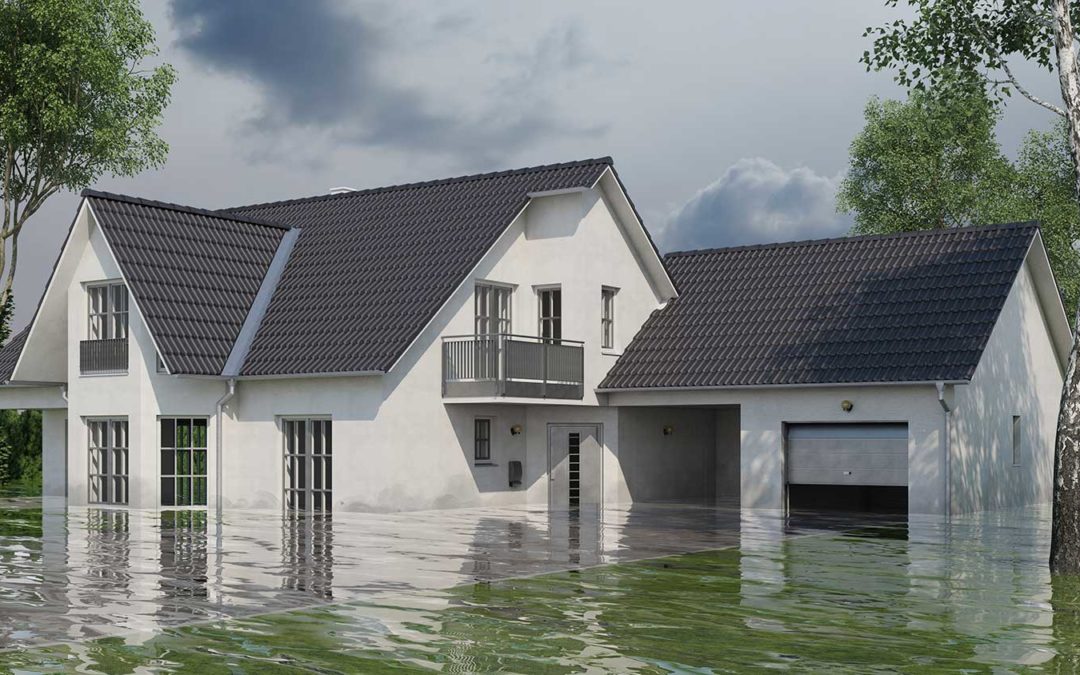With hurricane season lasting half the year in Florida, it’s important to know what’s covered in the event of a flood. Unfortunately, your Homeowners policy will not cover damage that results from flood waters, so you must purchase a flood insurance policy if you want to protect your home from flood damage.
Flood insurance policies aren’t just for people who live in high-risk flood zones; the Federal Emergency Management Agency (FEMA) states that 20% of flood damage claims come from individuals residing in areas that are designated as moderate to low-risk flood zones.
What’s Covered
The National Flood Insurance Program (NFIP) provides two types of coverage.
Building Property Coverage: This covers the physical structure of your home as well as “essential systems” like your plumbing, electric, heating, air conditioning and permanently installed cabinets, bookshelves and paneling. Damaged building property is evaluated by calculating the replacement cost of the damaged structures, which means that your policy will pay the amount it costs to replace your damaged property with new property of like kind and quality. This coverage is capped at $250,000 per occurrence, but policies can be purchased with lower limits if desired.
Personal Contents Coverage: This covers your personal belongings like clothing, furniture and electronics as well as freezers and the food stored within them. Personal Contents Coverage pays the actual cash value of the property, which means that depreciation is taken into consideration when calculating the value of your damaged items. The maximum policy limits for this coverage are $100,000 per occurrence, and as with Building Property Coverage you are able to purchase a policy with lower limits.
What’s Not Covered
There are several categories of items that are not covered under NFIP policies. Mold and mildew that could have been avoided by the homeowner aren’t covered, so it’s important to ensure you take steps prevent your property from sustaining further damage after the flood. Damage to currency, precious metals and paper stock certificates are also not covered. If your residence is deemed unsafe to inhabit, living expenses for temporary housing are not covered either.
Flood insurance can be purchased through an agent participating in the National Flood Insurance Program (NFIP). If you want to learn more about how flood insurance can protect your home and your belongings, contact one of our trusted Advisors at Webb Insurance.


Recent Comments